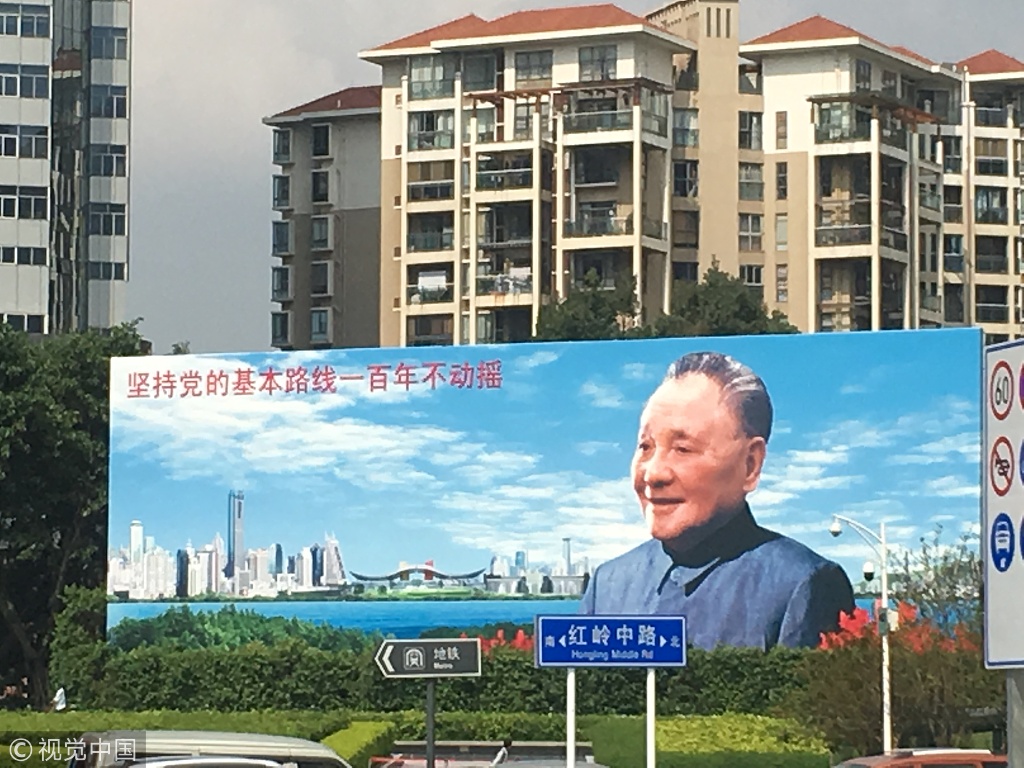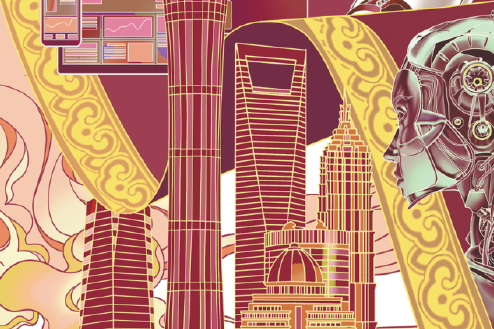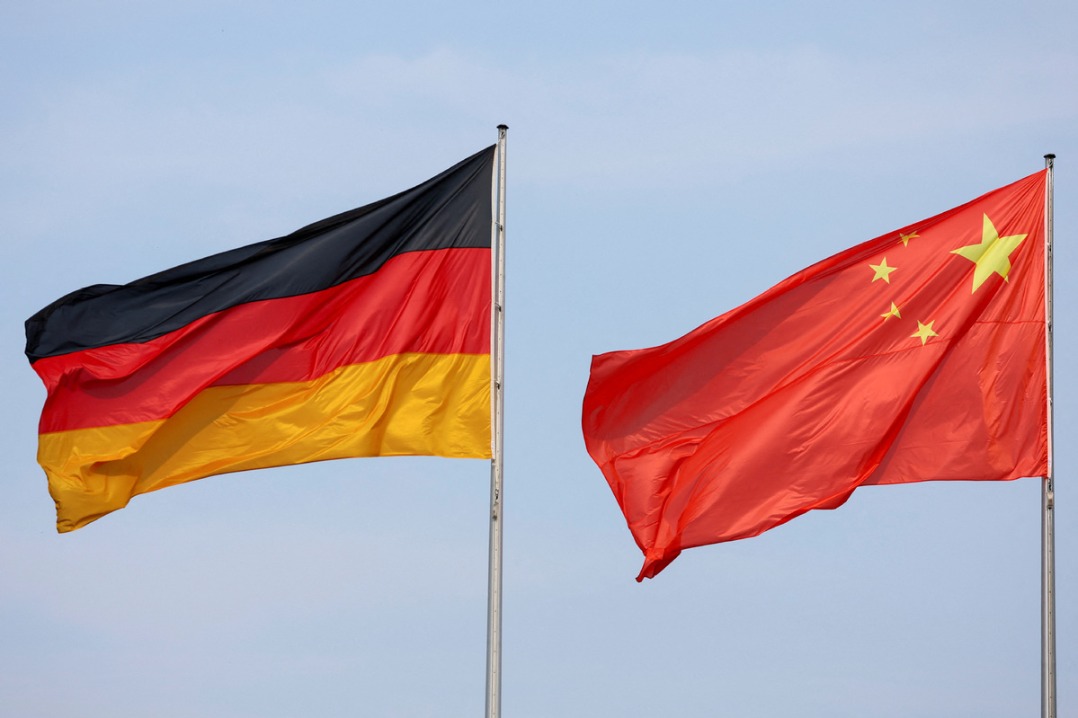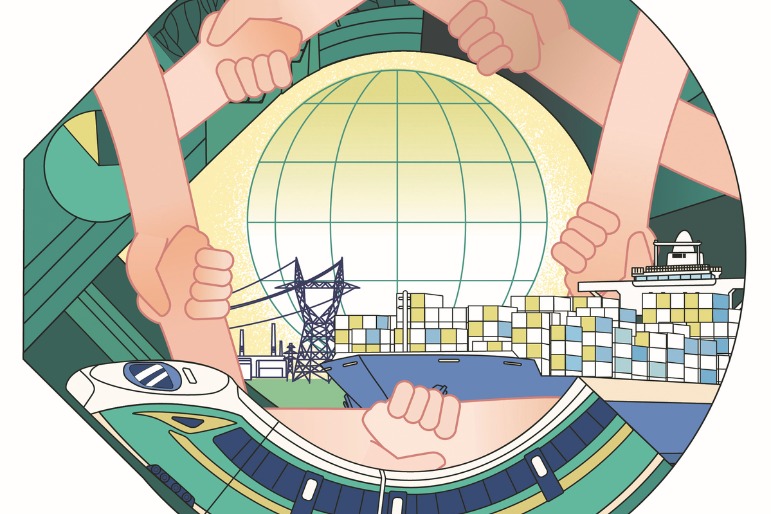Deng's philosophy inspires Chinese modernization


The best way to observe the 120th anniversary of the birth of Deng Xiaoping is to celebrate his invaluable, monumental contributions to China's economic development and thus global economic progress. No doubt, his leadership enabled China to perform an economic miracle.
In helping change China's economic landscape, Deng demonstrated wisdom, vision, courage, conviction and confidence, defying all odds and overcoming challenges. He initiated reform by first making the country's then leadership to resume the college entrance examination and restore college education for millions of Chinese youths in 1977.
While no one doubts the importance of college education today, back in the late summer and early autumn of 1977, the questions for China were whether to reopen the colleges that recruit competent students and, if yes, when and how. Following the agreement among the leaders at that time on the initial point, Deng eventually managed to steer China toward resuming gaokao, in the winter of 1977.
I was one of the students who took the college entrance examination in 1977, which was later described as "a year without winter", because millions of Chinese youths, instead of enjoying the winter vacation break, were scrambling to get the needed books and studying day and night to clear gaokao, turning the winter of 1977 into a period of intellectual revival after a decade of political upheaval. The college classes for the 1977 educational session started only in February or March of 1978, though.
In one stroke, Deng changed the course of China's history, and thus, world history.
Deng's sense of urgency in modernizing China through the implementation of reform and opening-up was palpable. Restoring gaokao in 1977 was an important first step in unleashing the intellectual power of the Chinese nation, paving the way for China's transformation into a major economic powerhouse of the world. Science and technology always figured prominently in Deng's plans as the most important driver of China's economic development and modernization, which still is at the core of China's development program.
The difference between 1977 and now is that in the late 1970s China didn't have much capital, manufacturing capability, well-trained professionals or skilled workers, or a workable road map for economic development. Deng launched initiatives to ensure China acquired or developed these material capabilities and qualities as quickly as possible. On the other hand, China today is a global economic powerhouse, the second-largest economy, the largest manufacturing and trading nation, and the largest producer of about 200 major products, accounting for more than 50 percent of the global production for many of them.
Also, China is the leading producer of electric vehicles (EV) and biggest EV research and development center in the world, making significant contributions to the global fight against climate change. Yet the country's current leadership, like Deng, still attaches great importance to science and technology, as it considers sci-tech to be a main driver of future development. Accordingly, it has been investing handsomely in R&D in order to become a global leader in science and technology.
China is now focused on developing new quality productive forces, in order to achieve high-quality development and make breakthroughs in science and technology to benefit all of humankind.
Deng changed China's economic and social landscape in the late 1970s, impacting the course of world history and contributing to global development. Similarly, China today, under the leadership of President Xi Jinping, is committed to making greater contributions to the world by building a community with a shared future for mankind. In this ambitious endeavor, the main driving force will be new quality productive forces, which will promote innovation and help achieve scientific and technological breakthroughs, including in new technologies such as artificial intelligence.
The road map for China's modernization chartered by Deng more than four decades ago has been upgraded and enriched by the subsequent generations of the Chinese leadership. And the current leadership with Comrade Xi Jinping at its core will continue to inspire hundreds of millions of Chinese people, especially the younger generation, to strive for excellence and greater achievements, and overcome new challenges to ultimately realize greater prosperity and maintain lasting peace.

The views don't necessarily reflect those of China Daily.
If you have a specific expertise, or would like to share your thought about our stories, then send us your writings at opinion@chinadaily.com.cn, and comment@chinadaily.com.cn.

































